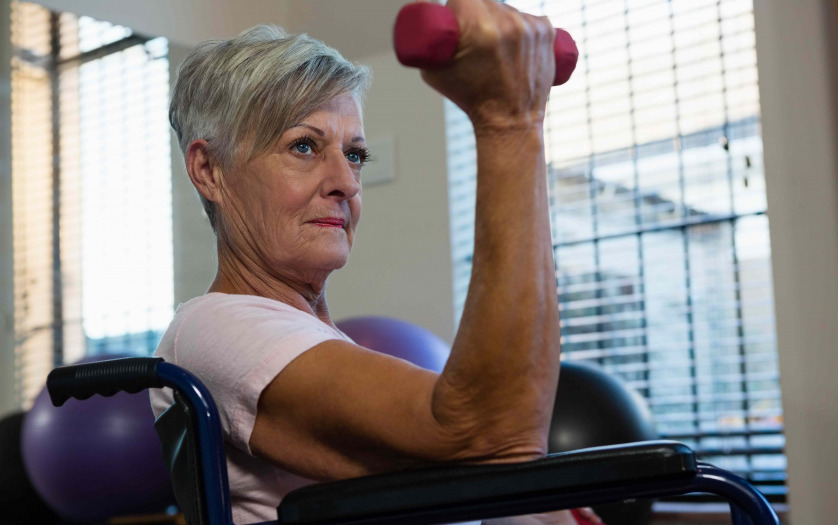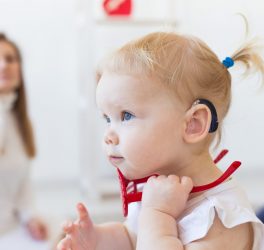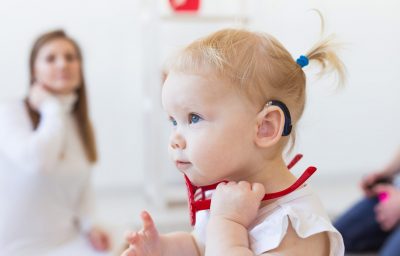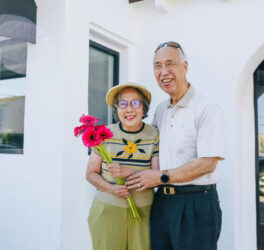
A new one-year project is urgently seeking the best ways to remotely assess people with long-term physical disabilities and those recovering from COVID-19.
In the event of a physical disability, a hands-on assessment by a physiotherapist or other clinician is usually required in order to produce a targeted rehabilitation plan.
However, as a result of the pandemic and reduced access to face-to-face appointments, there has been a massive drop in the number of these assessments being carried out, as well as in the delivery of hands-on rehabilitation more generally. Many patients, particularly those shielding because of health vulnerabilities, have had no face-to-face input over the whole of the COVID-19 period, and the need for rehabilitation has also increased as those recovering from the disease begin their journeys back to health.
The result has been a sudden increase in the need for ‘telerehabilitation’, where assessment and treatment are carried out remotely, which the Chartered Society of Physiotherapy has described as ‘a tidal wave of rehabilitation need’. But because of the lack of established guidance and support, clinicians have had to creatively adapt their working practices on an individual basis, leading to inconsistency and potential inequity in the way care is delivered.
The current project, led by the University and funded by the National Institute for Health Research (NIHR) and UK Research and Innovation (UKRI), is seeking to address these issues through the creation of a toolkit and training package for current and future clinicians.
“Imagine your elderly mother has a fall. Without a face-to-face appointment, how do you assess things like her quality of movement and balance? There may be safety concerns, and other factors such as the need for a good quality internet connection.” said Professor Freeman
“Assessment is absolutely key to being able to deliver a targeted intervention – if you don’t have a clear idea about people’s baseline abilities or how they are changing then it’s difficult to effectively plan and progress someone’s treatment. This research captures people recovering from the coronavirus, but also the much greater number of people with other, pre-existing conditions, who have not been receiving treatment for an extended period of time.”
COVID-19 can result in disability through a number of routes, from post-intensive care syndrome to deconditioning, fatigue and weakness as a result of prolonged immobility. These symptoms can be similar to those of people with long-term conditions such as multiple sclerosis, Parkinson’s disease and diabetes. In the more commonly affected elderly group, this can contribute to frailty and predispose patients to falls, and all these effects require rehabilitation for patients to achieve as full a recovery as possible.
“Rehabilitation is crucial for improving people’s quality of life and if there is one positive to come out of this situation, it is that people are now recognising this fact.” Professor Freeman added.








